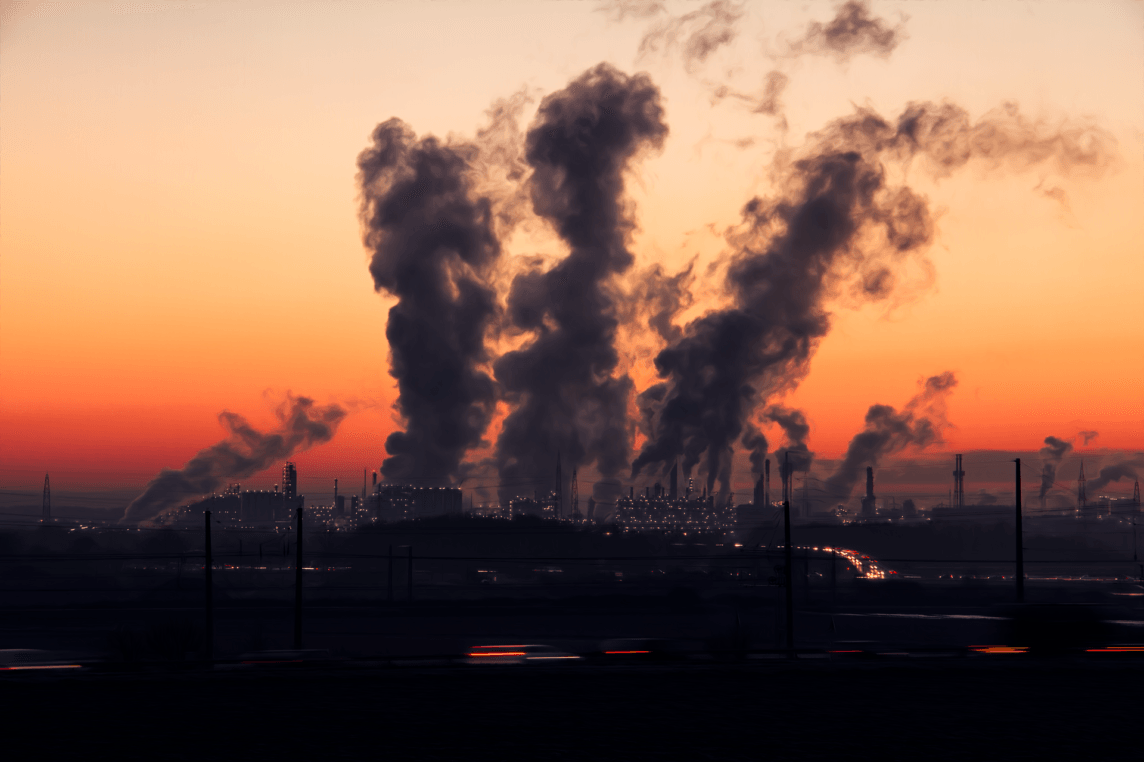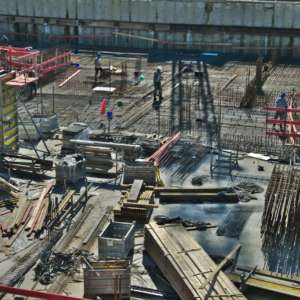In recent months, China has taken an unexpectedly hard line in enforcing its anti-pollution policies, shuttering thousands of factories and sending shockwaves through the global supply chain. According to JOC, over 18,000 factories have already been ordered to close since the start of the crackdown, and that number could grow much larger as inspectors begin work in the heavily industrialized Chongqing and Guangdong provinces. In the short-term, the situation has shippers scrambling to fulfill orders, but it also raises a major long-term question: will China’s policies make a meaningful difference in global pollution, or merely shift the problem elsewhere?
Many industry observers have expressed shock that China is actually following through on its anti-pollution initiatives, since in years past, the Chinese government has failed to back up its tough environmental talk with equally tough enforcement. Recently, a number of political and economic factors have turned the tide of public sentiment and governmental policy in ways that are likely to be both sweeping and permanent. In 2013, during the country’s 18th Central Committee Meeting, Chinese president Xi Jinping promised to institute industrial reforms to help achieve the nation’s goal of becoming an “ecological civilization.” However, the government failed to follow up with enforcement until 2017, just ahead of the 19th Central Committee Meeting on October 18. In the intervening years, China has been forced to confront its dire pollution problem, which has been blamed for as many as 1.1 million deaths in 2015 alone. The public health crisis has dovetailed with China’s ambition to move its economy up the value chain and shift away from the production of low-value goods. For thousands of local factories, which run on razor-thin margins and have neither the resources nor the know-how to meet emissions standards, the sudden crackdown is a deathblow, but clearly a deliberate one on the part of the Chinese Government.
Shippers who source from China are already feeling the impact of the factory closures. While the Chinese government has vowed to punish any factory that contributes to pollution, the hammer has fallen hardest on the garment sector (notorious for dumping dye into China’s waterways), and producers of metal components. This latter category is obviously quite broad, and has the potential to affect industries ranging from small home appliances, to technology, to auto manufacturing. Even shippers who trust their suppliers to be in regulatory compliance may find their supply chain disrupted, as smaller second and third tier suppliers go under. In China’s intensely competitive manufacturing environment, where factories often cut costs by keeping minimal inventory on hand, disruptions farther down the supply chain can be devastating.
While it’s too early to know just how much the factory closures will cut capacity and drive up prices, the effects are likely to be significant. The enormous impact of Beijing’s anti-pollution initiative on the world economy was first illustrated earlier this year, when the government ordered aluminum smelters to cut production by 30 percent, after years of Chinese aluminum flooding the market. In the months since, aluminum prices have risen sharply, amounting to a 16 percent increase over last year. And while some insist that China’s newfound concern for the environment is merely an excuse to drive up global price, the effect is the same regardless of the government’s
China’s factory closures are coming at an unfortunate time for shippers, right at the cusp of the holiday shopping season, and several business leaders are already reporting delayed shipments. In the short-term, shippers have few options but to weather the uncertainty, and develop contingency plans when possible. Ideally, shippers should always be confident that all their suppliers adhere to regulatory standards, but that goal can be difficult to put in practice when dealing with vast, multinational supply chains and the political whims of foreign governments. As China shifts its economic focus and attempts to live up to its ecological ideals, many shippers are wondering where to take their business. At the moment, the consensus seems to be that India and Cambodia are in the best position to take over the low-value manufacturing that China is relinquishing, but it will take time and the investment of major businesses before that transition is complete. Furthermore, shippers planning to make this shift should understand that trading one heavily-polluting nation for another may not the best solution. After all, India’s pollution-related deaths are equal to China’s, and air and water pollution don’t respect national borders, they travel the world. So while it’s easy to be cynical about China’s motivations for curbing its pollution, it may also be a sign that prioritizing an environmentally-friendly supply chain is soon to be inevitable, rather than optional.



